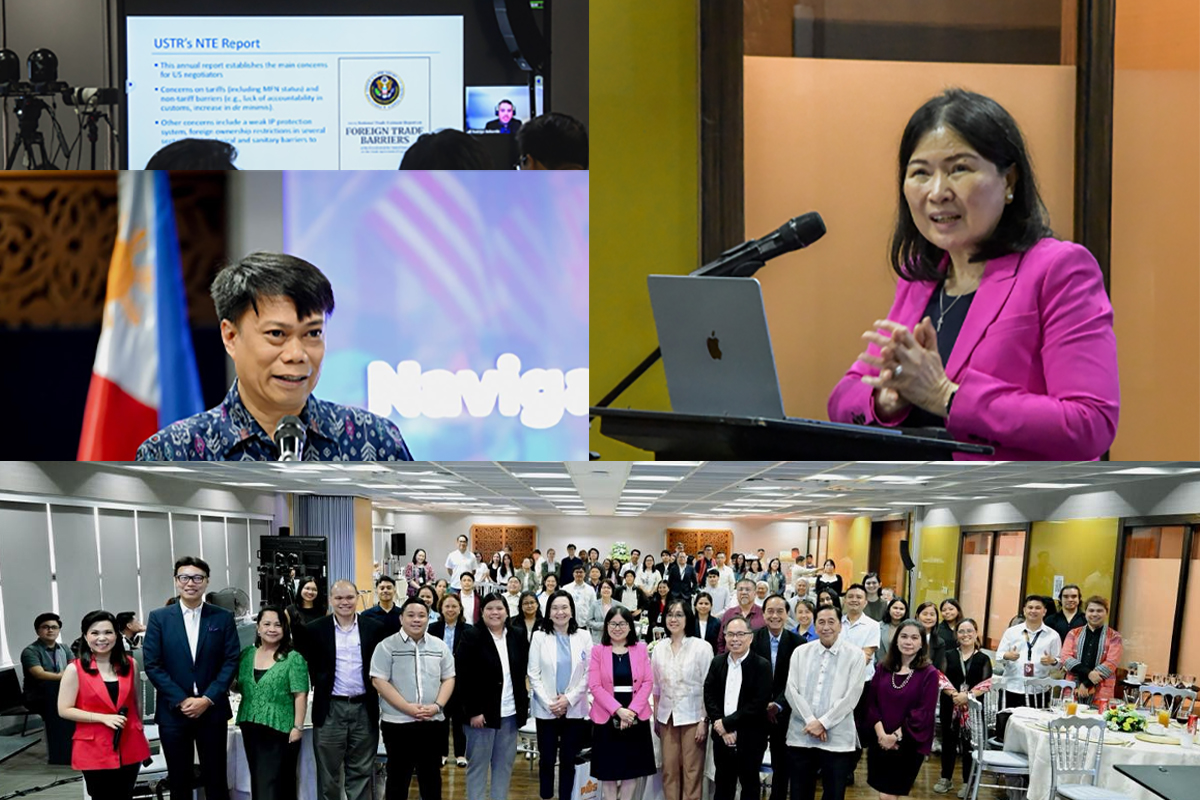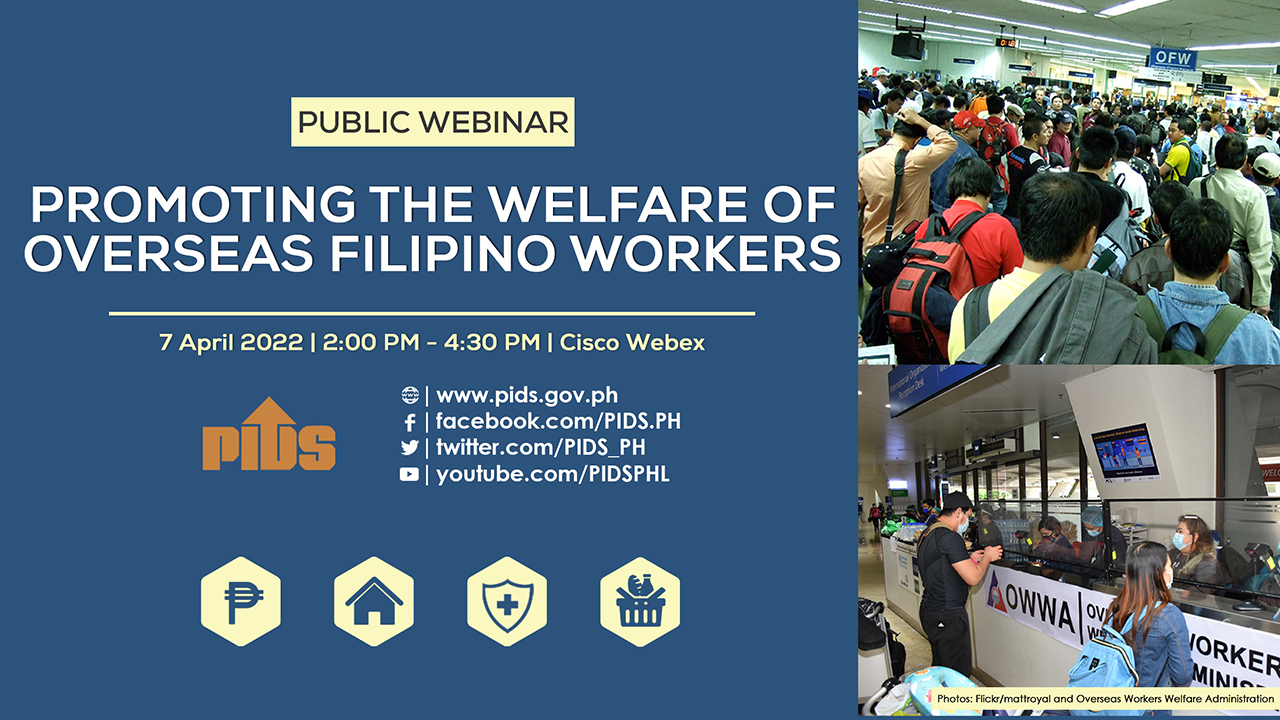In 2018, a Philippine Institute for Development Studies (PIDS) study entitled “Obstacles and Enablers of Internationalization of Philippine SMEs Through Participation in Global Value Chains” identified the challenges that hinder our small and medium enterprises (SMEs) from becoming more globally competitive. It is crucial to determine the pain points of the sector especially since, based on the 2021 Philippine Statistics Authority (PSA) data, micro, small and medium enterprises (MSMEs) account for 99.58 percent of all businesses operating in the Philippines. Based on the same data from PSA, MSMEs generated close to 5.5 million jobs representing 64.67 percent of the overall employment in the country. Thus, for years, the government’s goal has always been to create an enabling environment for MSMEs, not only to allow them to sustain their operations, but also to upscale in terms of overall productivity and market reach.
Among the challenges identified by the PIDS study, which have generally been discussed and are being steadily addressed over the years, are the issues relating to: access to finance; access to technology; access to market; business environment; ease of doing business; among others. PIDS also identified the lack of a national quality infrastructure (NQI) as a factor which keeps our SMEs from growing into export-ready businesses. The lack of a NQI, which refers to policy, legal, regulatory, and administrative frameworks, and the institutional arrangements to implement standardization, accreditation, and the totality of the testing, certification, and measurement necessary to provide acceptable evidence that products, services, and processes meet prescribed standards, has kept many of our Filipino companies from penetrating international markets and becoming part of global value chains.
This is something that should be addressed immediately especially since the country has been moving toward having a more active role in globalization. In fact, during the 2023 National MSME Summit by the Department of Trade and Industry (DTI), President Ferdinand Marcos Jr., in his speech delivered by Executive Secretary and former Chief Justice of the Philippines Lucas Bersamin, emphasized the need to ensure that MSMEs are able to grow, flourish, and compete globally. Unfortunately, based on the 2021 data from the International Trade Centre assessment, the Philippines has been missing out as the country has an unrealized export potential worth $49 billion or around ₱2.6 trillion. A significant portion of this amount can be attributed to the failure of a product, service or process standards to meet the acceptable quality of the market.
While our government has several institutions, bureaus, and laboratories wherein business can avail of accreditation, certification, and testing, these are spread out across the bureaucracy which, in effect, makes it difficult for SMEs to have frictionless transactions. In fact, PIDS noted that our country has “too many regulatory bodies that are not housed under one unit making it confusing and difficult for SMEs.” This is why we in Congress have filed measures that would address this challenge by developing a National Quality Policy defining the Philippine National Quality Infrastructure. I, along with Senate Majority Floor Leader Joel Villanueva, filed Senate Bill No. 628 while Senator Jinggoy Estrada filed Senate Bill No. 793 for this purpose.
Under the proposed measures, the Philippine National Quality Policy will be developed and the Philippine National Quality Infrastructure will be defined with the goal of enhancing the quality of goods and services available in the domestic market as well as those intended for export; and ensuring the availability, accessibility, and affordability of quality infrastructure services such as those related to accreditation, calibration, certification, conformity assessment, metrology, standardization and testing. In order to achieve this, our bill provides for the creation of the Philippine National Quality Infrastructure Coordination Council (PNQICC) to be co-chaired by the Secretaries of DTI and the Department of Science and Technology (DOST) which will be mandated to adopt the aforementioned policy and ensure cohesion by NQI institutions in the delivery of NQI services. Moreover, all the existing public NQI institutions in various government agencies will be harmonized under the direction of the PNQICC.
It is our belief that, through the measure which will institutionalize our National Quality Policy and define our NQI, the country will strengthen our culture of quality and safety thereby empowering our SMEs to be more confident and assured that their products and services are indeed export-ready. PIDS, DTI and DOST have expressed their support for the measure while the United Nations Industrial Development Organization (UNIDO), which has long been advocating for the establishment of the NQI, has pledged to work with the Senate in further strengthening the measure. With the resumption of sessions in Congress, we look forward to discussing this measure in plenary especially since this is among my priority measures under our long standing “Tatak Pinoy” advocacy for building a more productive, more innovative, and more globally-competitive economy for all Filipinos.












